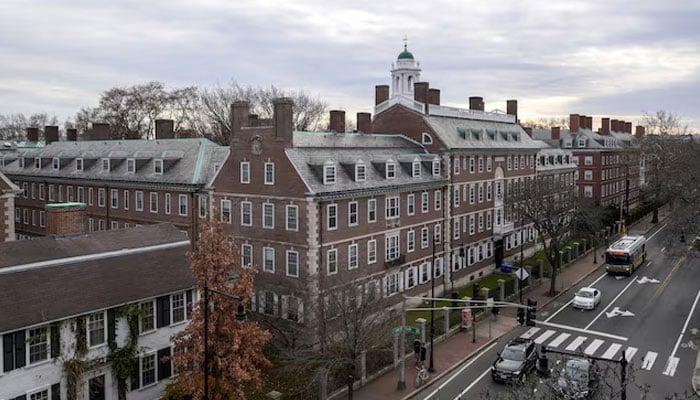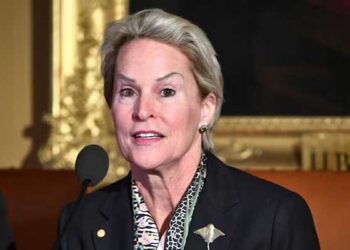Select Language:

Harvard University has announced that starting in the 2025-26 academic year, students from families earning $200,000 or less annually will be eligible for free tuition.
This policy aims to make a Harvard education accessible to a broader range of students.
Harvard President Alan Garber stated that the university’s objective is to ensure that all admitted students can afford to attend, regardless of their financial background. He emphasized that diversity in student backgrounds enhances the educational experience and personal growth of all students.
Currently, the cost of attending Harvard is quite high, with tuition for the 2024-25 academic year set at $56,550. Adding in expenses for housing, meals, and health insurance, the total annual cost can exceed $80,000. This new initiative will help reduce expenses for many families.
For families earning under $100,000, support will be even more significant. Harvard will cover tuition, housing, meals, travel, and health insurance for these students. Additionally, they will receive supplemental grants to assist with other costs during their first and third years.
To assist students from lower-income families, Harvard boasts an endowment exceeding $53 billion. Previously, only families earning below $85,000 annually qualified for free tuition. This policy expansion means that more students will now have access to the university’s financial aid system.
Other universities are following suit by increasing their financial aid offerings. Institutions such as the University of Pennsylvania, MIT, and Dartmouth have implemented similar changes.
Harvard has long been committed to enhancing the affordability of education. In 2007, the university stopped offering student loans and switched to providing grants that do not require repayment. Despite these efforts, a significant number of Harvard students come from wealthy families; statistics reveal that nearly 40% hail from the top 5% of earners, while less than 5% are from the lowest 20%.
This new initiative is a significant stride toward making Harvard more inclusive. It will ease the financial burden for middle-class families seeking a prestigious education for their children.





